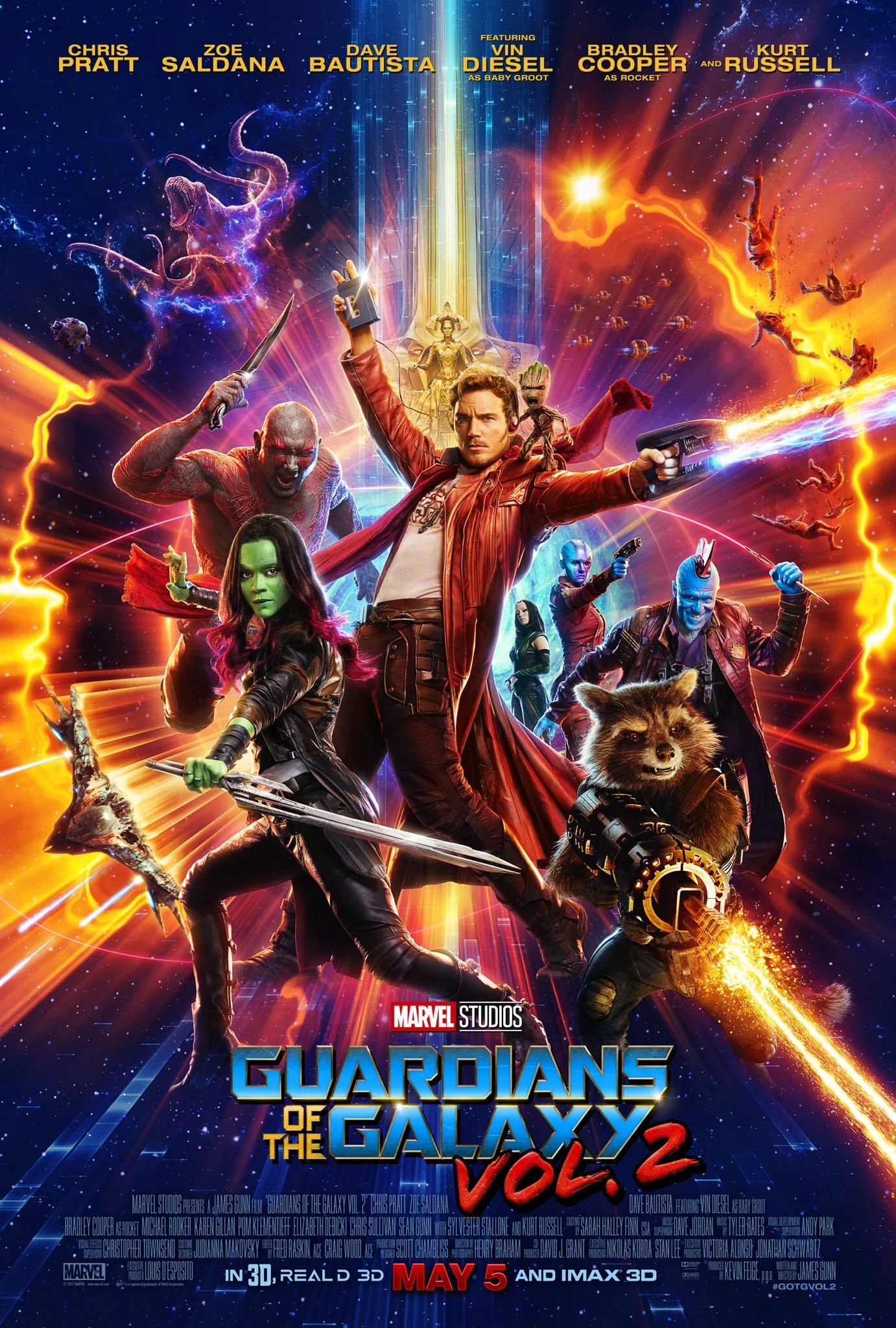Blue Beetle

Although the plot is a pretty basic superhero origin story, the film’s elevated by the humour, warmth and cultural authenticity brought by the Latino main character and his extended family.
Premise: Jaime Reyes (Xolo Maridueña) returns to his hometown of Palmera City after finishing college, only to find his family is on the verge of being evicted from their home as part of the gentrification of the city. Meanwhile, ruthless CEO Victoria Kord (Susan Sarandon) is intent on using a mysterious alien scarab artifact to launch her new military weapons prototype – but when the scarab accidentally ends up with Jaime, it bestows unexpected powers upon him.
Review:
Let’s get the negatives out of the way first – the plot to Blue Beetle is a very straightforward superhero origin story that offers little in the way of surprises. The plucky hero finds a McGuffin that gives him superpowers, he learns to use and accept those powers, is hunted by a villain that wants the powers/McGuffin for themselves, and then there’s a final confrontation. When you look at the way that the Marvel films have cleverly avoided the cliches and narrative pitfalls of traditional origin stories over the last decade or so, it’s disappointing to see Blue Beetle fall back into bad habits (the first Shazam! film only narrowly avoided the same problem, by throwing in a few narrative twists to the usual formula).
A side effect of the by-the-numbers plot is that the villains are incredibly one-note and underserved. Susan Sarandon has very little to do in her role as evil CEO Victoria Kord, other than personify corporate America’s greed and its willingness to exploit ethnic minorities for financial gain (which, in fairness, is not necessarily a subtext you expect to see in any capacity in a superhero movie). Equally, Raoul Max Trujillo is not asked to do much more than look menacing as Victoria Kord’s enforcer Carapax, although he is a very intimidating presence.
“…far more fun than it has any right to be…”
But moving on to the positives – overall, Blue Beetle is far more fun than it has any right to be, and despite all of its flaws, I still had a great time while watching it. The movie has a great sense of cultural authenticity, in much the same way as the (admittedly, vastly superior) first Black Panther movie did, due I’m sure in large part to the fact that it comes from a Latino director (Angel Manuel Soto) and a Latino writer (Gareth Dunnet-Alcocer) who were able to convey life as an immigrant family in America. As great as Xolo Maridueña is (and he is an extremely charismatic actor who brings a sense of fun and likeability to the lead character), the movie’s secret weapon is Jamie Reyes’ extended family who, in a break from convention, are in on his secret identity from the get go.
From the sparky but touching relationship with his younger sister Milagro (Belissa Escobedo), to the struggles his parents (played by Damián Alcázar and Elpidia Carrillo, aka Anna from Predator) face as immigrants to America, his family are great fun to spend time with – but the standout performances are unquestionably George Lopez as Jamie’s eccentric uncle Rudy, and Adriana Barraza as his nana, who both look like they were having a lot of fun with their roles. The supporting cast bring tonnes of humour and heart to the movie, and elevate the film significantly.
“…the cast are fun to spend time with, and the character has potential…”
It’s not just the Reyes family (and henchman Carapax) that are played by a Latino cast, with supporting roles going to the likes of Harvey Guillén as Victoria Kord’s main scientist, and Becky G voicing the alien scarab. Meanwhile, the movie also invents an original character (not from the comics), Jenny Kord played by Brazilian actress Bruna Marquezine, as a bridge between the Jamie Reyes version of the Blue Beetle character, and the earlier comic book incarnation Ted Kord. Jenny Kord doesn’t get a great deal to do other than act as a plot catalyst, exposition deliverer, and potential love interest, but Bruna Marquezine does what she can with what she’s given, and there are attempts made to flesh out her backstory and her connection to the in-universe previous version of the Blue Beetle.
Thematically, Blue Beetle touches on everything from urban gentrification, the immigration experience, the exploitation of indigenous people, institutionalised racism, and the American military-industrial complex, but never in a way that will lose the interest of younger viewers. In a film which is, ultimately, just a bit of popcorn fun, it’s refreshing to see it at least attempt to acknowledge these issues in a mainstream summer blockbuster.
“…a surprisingly funny & enjoyable couple of hours thanks to the movie’s cast…”
Of course, with the real-life restructuring of the “DC Extended Universe” into the new “DC Universe” under purview of James Gunn and Peter Safran, it remains to be seen whether we’ll see any more of Xolo Maridueña as Jamie Reyes. It would be a shame if we didn’t, as despite the plot issues, the cast are fun to spend time with, and the character has potential. The door has certainly been left open for Blue Beetle to return, with the film having no direct connections to any of the DCEU’s continuity, meaning that it could always be retconned to be part of the DCU continuity if Gunn and Safran chose to do so.
Ultimately, Blue Beetle is fun but forgettable entertainment, and taken for what it is, it’s a surprisingly funny and enjoyable couple of hours thanks to the movie’s cast and comedy making up for its plot shortcomings.
Oh, there is a mid-credit sequence which indicates where a potential sequel could go next.







